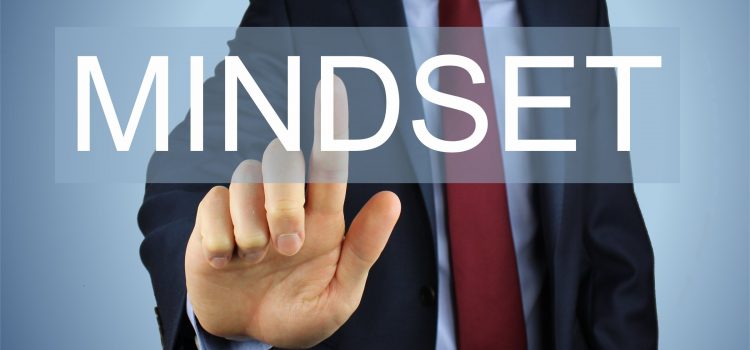Do you tend to make decisions based on emotions or cold logic? How can you prevent your emotions from getting in the way of important decisions? When we’re faced with a high-stakes decision, it can be hard to think straight because our emotions run high. However, decisions based on emotions have a high chance of backfiring. Keep reading to learn about the psychology of emotional decision-making.
The Psychology of Emotional Decision-Making










